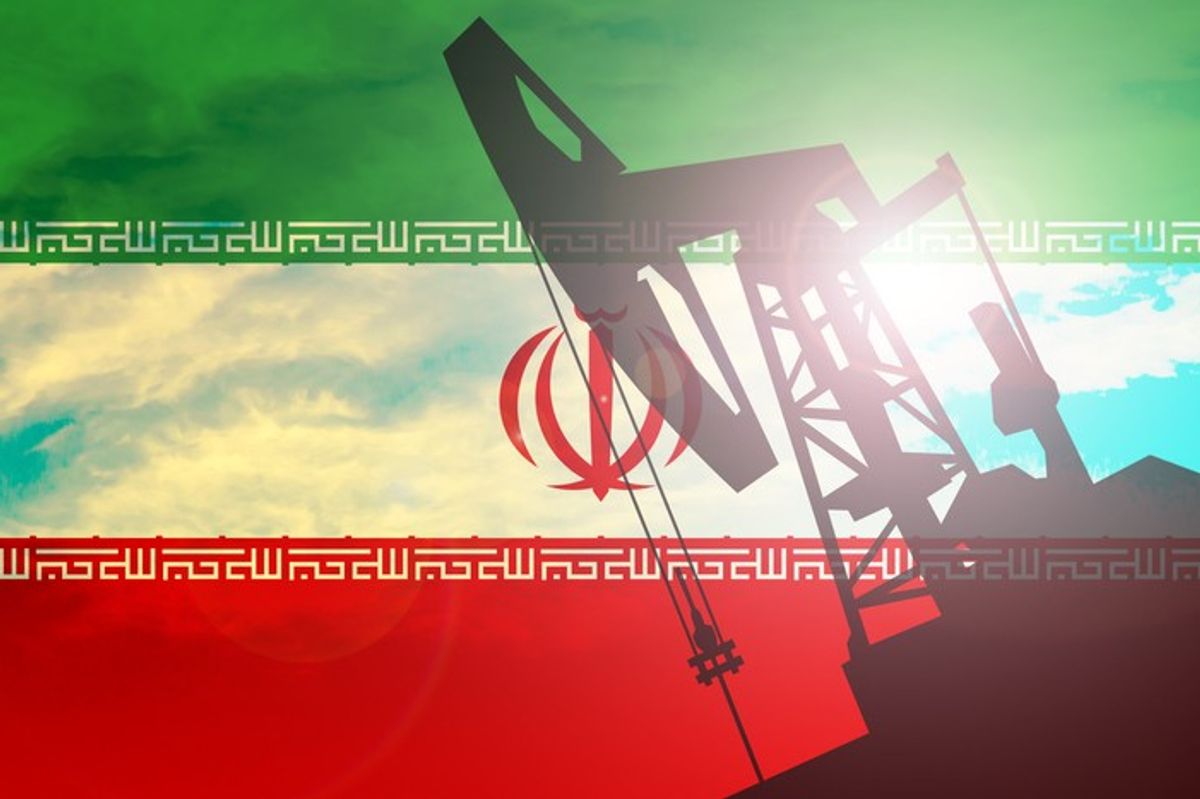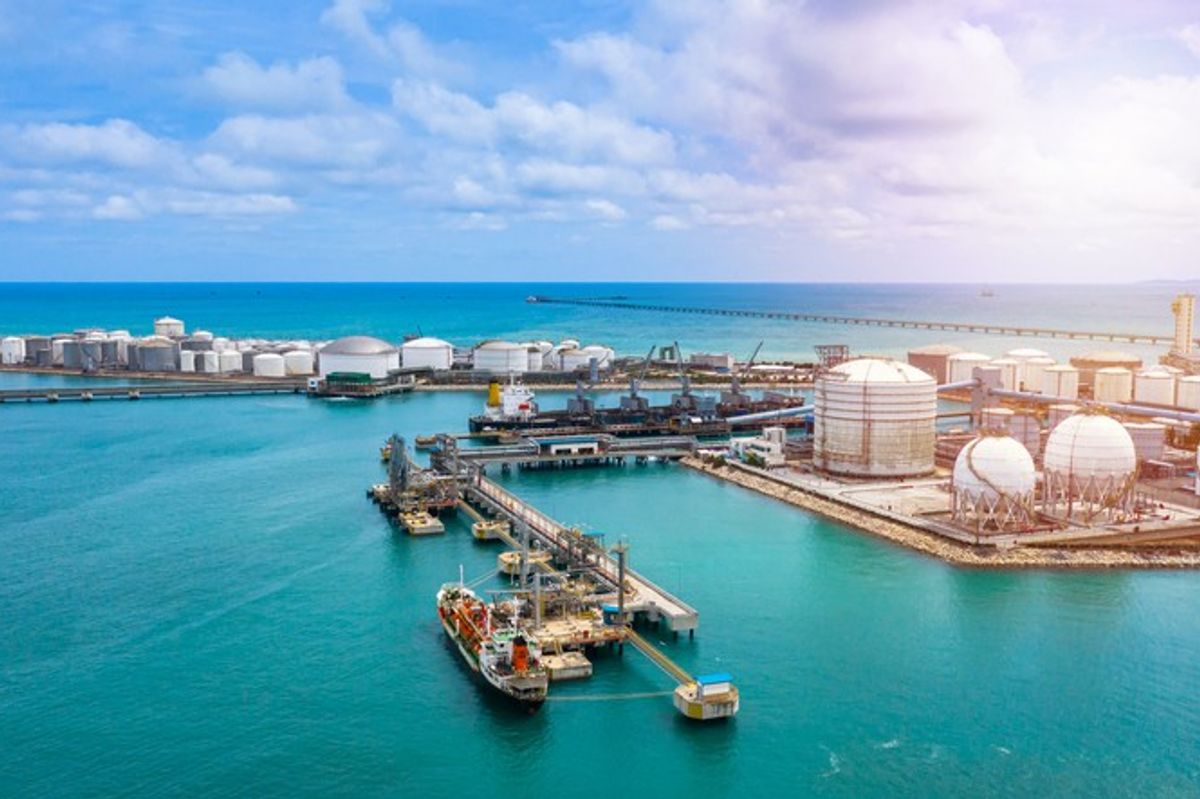Egypt’s economy remains in a dire state primarily due to the fall in global oil prices, which has led to a decline in foreign direct investment in Egypt. Meanwhile, the region’s unstable security environment has devastated Egypt’s tourism industry, explains Dr. Yeganeh Morakabati and Dr. John Fletcher of Bournemouth University. While the cabinet reshuffle implemented by Egyptian President Abdel Fatah al-Sisi last week may help point Egypt back in the right economic direction, Egypt’s fiscal woes will only subside when the security situation improves and when economic diversification becomes a priority, according to these two experts.
The Cipher Brief: Why did Egyptian President Abdel Fatah al-Sisi make these specific appointments to his cabinet?
Yeganeh Morakabati: President Abdel Fattah al-Sisi's cabinet reshuffle reflects a need to stabilize the country’s economy and recover some of its foreign exchange. Egypt is reliant upon tourism and foreign direct investment (FDI) to secure its dollars and it requires dollars to pay for its imports. The timing of the reshuffle, just before the Economic Development Conference, suggests that the moves have been made to reassure the world that Egypt is prepared to put greater emphasis on security, rebuilding infrastructure, enhancing education, attracting tourists and making Egypt more attractive to foreign investors.
Amr El Garhy, a former banker, and Dalia Khorshed, have been appointed in part because they understand what is needed in terms of foreign trade, foreign exchange and banking. It is also interesting to note that all of the new members have gained experience outside Egypt and will bring both an understanding of international markets and their own international networks.
But it will take more than a strong understanding of financial and private sector activities to dig Egypt out of its current turmoil. Putting the most talented bankers, commercial directors and foreign exchange specialists at the helm of a sinking Egyptian ship will not give it buoyancy on its own.
What is needed is to find a way to correct Egypt’s political fractures so that the country’s economic ailments can be treated. Yet, it will be difficult to cure the political issues without injecting more life into the economic issues - a strategy that is required in order to prevent individuals facing unemployment and low-income levels from stoking further fires of political unrest. This cycle has plagued Egyptian politics and economics.
Will the new government members help alleviate Egypt's current economic woes? Not on their own. They may provide a better degree of confidence internally to businesses, which may spur some domestic investment and boost production and income levels.
But will the tourists who are deciding where to travel be influenced by President Abdel Fattah al-Sisi's appointment of new government members? The simple answer is no. They will still perceive Egypt as a country racked with problems. They will perceive a country which is not only teetering internally because of political struggles, but also a country whose borders are surrounded by countries in severe economic and political strife, not to mention war and terrorism. The danger posed to tourists in Egypt and the downing of the Russian charter flight last fall all focus the media lens on Egypt’s terrorism and conflict.
Without greater security in and near Egypt, the road to recovery will be a major challenge.
TCB: Are these individuals likely to make changes in Egypt’s economic policies that will improve economic growth?
YM: Will tourism grow with the newly appointed Minister of Tourism Mohamed Yehia Rashed? He certainly has the experience to understand the tourism industry with well over 30 years with Marriott International and a degree in tourism and hotel management.
But Egypt's tourism industry is running at half the level of activity that it was in 2010, before the Arab Spring. Rashed is likely to be provide a positive influence and he may even give some investors the confidence to undertake some FDI, but this on its own won't have the tourists queuing up at the arrival gates.
The magnitude of the decline of the tourism industry has been such that it will take years to recover to where it would have been without the domestic, regional and international disruptions.
TCB: Could these changes lead to new opportunities for U.S. businesses in Egypt?
YM: There will be new opportunities for U.S. businesses in Egypt, especially with the new economic team’s links and networks, but this is not the real question. The real question is will U.S. and international businesses want to take up the opportunities that will be offered in Egypt? The answer to this will depend on a host of factors, not just the potential returns from such investments, but the stability of Egypt and the entire region.
The appointment of Mr. Ashraf El-Sharkawy as Minister of the Public Business Sector offers a wealth of assurance, as he is someone who understands the needs and structures for sound governance and financial regulation. This will certainly bring a better degree of confidence to the table than has existed prior to the reshuffle.
Nonetheless, the majority of Egypt’s foreign direct investment (FDI) has been focused within the oil and gas industries (approximately 70 percent of the total), and the fall in oil prices has negatively impacted Egypt’s FDI. The country’s inflow of FDI has drastically fallen from its 2007 peak.
TCB: More broadly, can Egypt put its economy back on track and achieve a more lasting stability?
YM: Domestically, Egypt has had a turbulent economic history and more recently, has been subject to the negative effects of the global financial crisis, the turmoil of the Arab uprising in 2011 and the coup in 2013. All of these events have led to economic conditions that create and perpetuate instability. This has fanned the flames of conflict resulting in security problems not only within Cairo but also in areas such as the Sinai, as evidenced by the downing of the Russian charter flight. Egypt is facing a “perfect storm” caused by a combination of corruption, over-burdensome bureaucracy, a dysfunctional public sector, water and energy shortages, a rail and metro infrastructure not fit for purpose and a rapidly increasing population.
The Ethiopian Dam issue that threatens the flow of the Nile presents Egypt with problems related to water security, agriculture, tourism and energy. Additionally, Egypt faces terrorist activities in neighboring Libya, instability and tension between North and South Sudan, its participation in the Saudi-led campaign in Yemen, and continual on and off issues relating to Israel and the Gaza strip. Overall, the region is constantly featured in the news, but little of the coverage has been positive. This takes its toll on the image of the region as well as the mindset of tourists and business investors.
For Egypt to put its economy back on the right track, security is the key issue to decrease the level of uncertainty both for business investment and tourists. Unfortunately, for Egypt, this is true for the region as a whole and is therefore not directly under Egypt’s control.
Notwithstanding the security issues, the long-term solution for Egypt’s economy is one of economic diversification so that the economy is not overly dependent on tourism and energy for its foreign exchange flow. In the more immediate future there needs to be a revitalization of the dwindling tourism sector (this sector brought 40 percent more income to the tables of Egypt than the Suez Canal, and is a major source of employment). But without the security this is only an aspiration.
This article was coauthored by Dr. Yeganeh Morakabati and Dr. John Fletcher.
Dr. John Fletcher is Pro Vice Chancellor, Research and Innovation at Bournemouth University and a well-respected economist. John has undertaken economic impact and development models for more than 70 countries around the world, undertaken research on behalf of USAID, UNDP, UN WTO, EU, international development banks as well as many national governments. He has written on impacts and development in scholarly journals, books and in the world's media.












